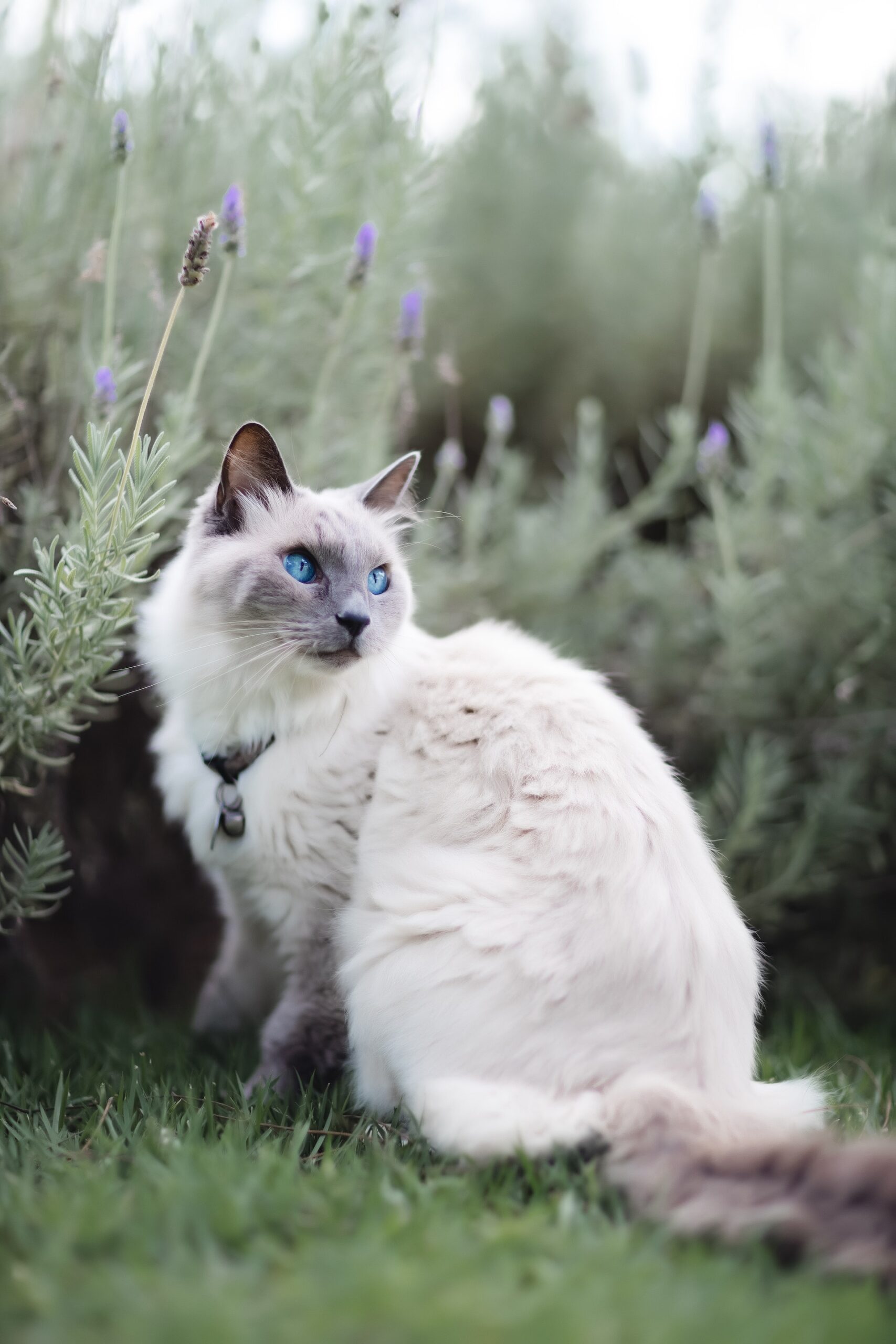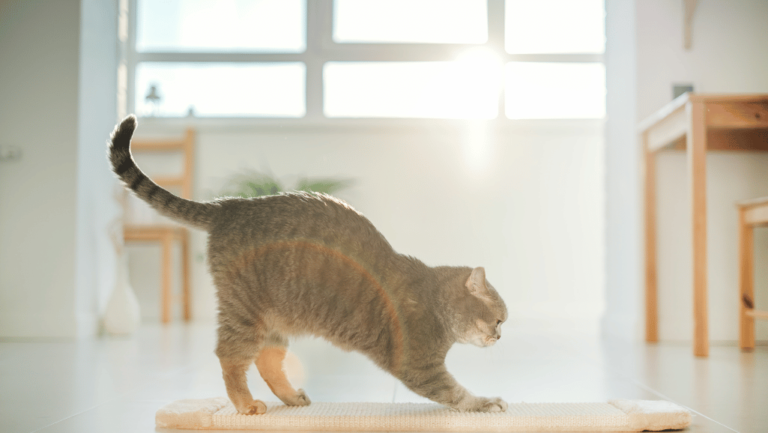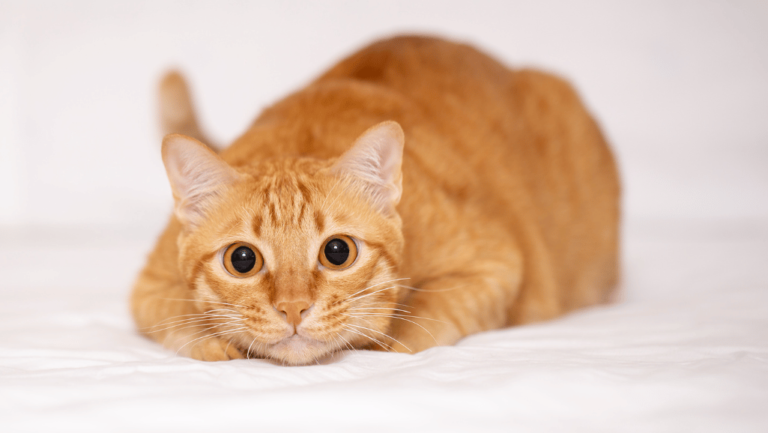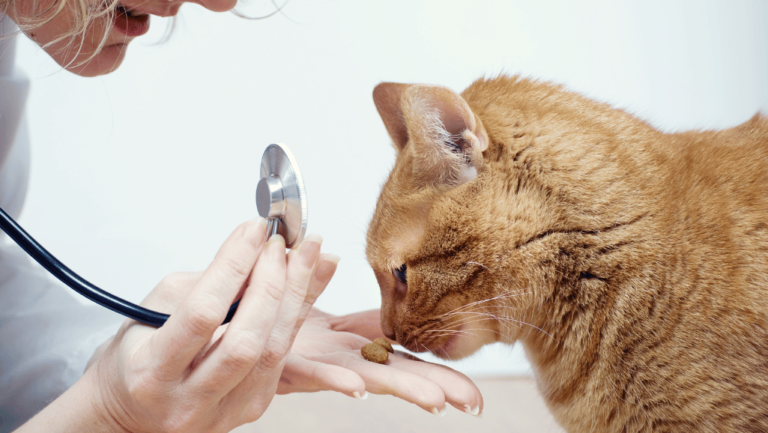Introduction
Balinese cats, recognized for their grace, intelligence, and expressive personalities, have a rich history and characteristics that are as distinctive as their long, elegant coats. These creatures, despite their aristocratic appearance, are playful and friendly, forming strong bonds with their human companions. They embody the allure of the mysterious East and the warm, personable character that cat lovers can’t resist. Let’s delve into the intriguing world of the Balinese cat and discover why this breed captivates hearts all over the world.
This comprehensive guide will cover the history of the Balinese, their size and appearance, grooming requirements, activity levels, health concerns, and personality traits. It will also look into their training capabilities, weight, estimated lifespan, and favorite foods. With such a detailed review, you will be well-prepared to provide the best care for these lovely creatures.
History of the Balinese Cats
Balinese cats, despite their Indonesian island-inspired name, are not native to Bali or any part of Southeast Asia. This breed’s history takes us back to the mid-20th century in the United States. Balinese cats are a mutation of the well-known Siamese breed, distinguished by their medium-long, silky coats. The long-haired kittens initially viewed as anomalies in Siamese litters eventually gained recognition for their unique charm.
The term “Balinese” was chosen due to the breed’s graceful and elegant form, which was reminiscent of Balinese dancers. While the breed is not associated with the island of Bali culturally or historically, the poetic comparison was fitting. Today, these cats are recognized and adored worldwide for their striking looks and interactive nature.
Size and Appearance

Balinese cats have an alluringly graceful and slender physique, known as a “foreign” type in cat terminology. They are medium-sized, with males typically weighing between 6-8 pounds and females 5-7 pounds. However, don’t let their slim structure fool you – they are agile, muscular, and strong, all characteristics that make them excellent jumpers and climbers.
Much like the Siamese, Balinese cats have a distinctive color point pattern. Their ears, face, paws, and tail are darker than the rest of their bodies, which carry a cream or fawn-colored coat. They have striking, almond-shaped eyes that radiate a deep, vivid blue, captivating all who gaze into them.
Grooming Needs
Balinese cats possess a medium-long, single-layer coat that lacks an undercoat, which distinguishes them from most long-haired breeds. This results in fewer matting and tangling issues, making grooming relatively straightforward.
A weekly combing session is usually sufficient to keep their coat sleek and shiny. Regular grooming sessions are not just essential for coat maintenance but also provide an excellent opportunity to bond with your Balinese cat. These cats also appreciate the extra attention and pampering!
Activity Level
Balinese cats are renowned for their high energy levels. They are agile creatures who love to climb, jump, and play. You’ll often find them on top of bookshelves or any high place in the house, surveying their surroundings. Interactive toys, puzzle games, and scratching posts are excellent tools to keep them mentally and physically stimulated.
Despite their energetic nature, Balinese cats also know when to slow down. They are fond of cuddling sessions and will gladly curl up on your lap or snuggle next to you. They enjoy being part of every aspect of your life, making them an excellent companion for those who appreciate an active yet affectionate pet.
Health Profile
Balinese cats are generally healthy, with a life expectancy of 18 to 22 years, a testament to their robust nature. However, like all breeds, they may be susceptible to certain hereditary conditions. These include Amyloidosis, a liver disease, and Dilated Cardiomyopathy, a heart condition. Regular veterinary check-ups and a well-balanced diet will go a long way towards ensuring their longevity and vitality.
Despite these potential health issues, the breed’s overall sturdy health is a definite positive. Remember, providing regular preventive veterinary care and keeping an eye out for any unusual behavior or symptoms can greatly aid in maintaining your Balinese cat’s health.
Personality Traits
Balinese cats are known for their intelligent and affectionate nature. They are very social and tend to form strong bonds with their human family members. They thrive on attention and will often follow you around, engaging in your activities and offering their ‘help’ when possible.
These cats are also quite vocal, known for their soft, sweet voices. They aren’t shy about expressing their needs, whether it’s for food, playtime, or just a good cuddle session. Despite their chattiness, their voice is usually not overbearing, often adding an endearing aspect to their personalities.
Training Tips
Given their intelligence, Balinese cats are highly trainable. They are quick to understand commands and can learn a variety of tricks, from fetching toys to high-five. Mental stimulation is as important to them as physical activity, making interactive play and training sessions a crucial part of their routine.
Socializing them at a young age can also help them grow into well-rounded pets. They are usually open to meeting new people and can adjust well to living with other pets, making them an excellent choice for a multi-pet household.
Typical Weights
Balinese cats have a lean and muscular build, which should be maintained for their overall health. As mentioned earlier, males typically weigh between 6-8 pounds, and females range from 5-7 pounds. A balanced diet and regular exercise are crucial in preventing obesity, a condition that can lead to other health complications.
Regular vet check-ups will ensure that your Balinese cat’s weight is in the optimal range. Sudden weight changes can often indicate underlying health issues, so it’s essential to monitor their weight closely.
Estimated Lifespan
Balinese cats are known for their long lifespans, usually ranging between 18 to 22 years. This is significantly higher than the average lifespan of many other cat breeds, making them a long-term companion. Their long lifespan can be attributed to their generally robust health, but remember, a well-balanced diet, regular exercise, and routine vet visits play a crucial role in ensuring their longevity.
Favourite Foods
Balinese cats do not have specific favorite foods as it largely depends on individual
preferences. However, like all cats, they are obligate carnivores, which means they require a diet rich in animal proteins. Quality wet or dry commercial cat food that fulfills their nutritional needs is generally a good choice.
Some Balinese cats may enjoy occasional treats of cooked poultry, fish, or specialty cat treats. Always remember, treats should make up only a small percentage of their overall diet. It’s also important to provide them with constant access to fresh water.
The Last Word on Balinese Car
With their grace, intelligence, and affectionate nature, Balinese cats indeed make a compelling choice for cat lovers. Their minimal grooming needs and robust health further add to their charm. However, prospective owners should remember that this breed requires engagement, both physical and mental.
While they are generally healthy, it’s essential to be aware of the breed-specific ailments that may affect them. Also, their vocal nature may not suit everyone. Yet, their conversational skills, coupled with their lovable and sociable disposition, make them a delightful companion.
Whether it’s their fascinating history, stunning appearance, or striking personality, the Balinese cat offers a unique blend of traits that can bring joy, warmth, and elegance to any home. If you’re seeking a pet that will be an active participant in your life, the Balinese cat might just be the perfect fit.
Two Concerns about Balinese Cats
Despite the numerous positive traits of Balinese cats, there are a couple of potential concerns that prospective owners should consider:
1. Vocalization: Balinese cats are known for their chattiness. They are not shy about expressing their needs and opinions, using a soft and sweet voice. While some people enjoy having ‘conversations’ with their cats, others might find the constant vocalization overwhelming or annoying. It’s important to remember that a Balinese cat’s chattiness is a part of their charm, but it is also a trait that requires patience and understanding.
2. Social Needs: Balinese cats are social creatures who thrive on interaction. They form strong bonds with their human family and demand attention and companionship. This social need means they do not do well with long periods of solitude. If you’re away from home for significant periods regularly, a Balinese cat might not be the best choice, unless you can ensure they receive enough social interaction and mental stimulation in your absence.
Unique Appearance
Balinese cats possess a unique and striking appearance that sets them apart. They have a graceful and slender physique, with a finely boned but muscular body. This athletic build allows them to be surprisingly agile, capable of performing high jumps and maneuvers. Their hind legs are higher than their front legs, adding to their distinct silhouette.
Their head is a long, tapering wedge, with large, wide-set ears that continue the triangular shape of their face. Their expressive, almond-shaped eyes, typically a stunning sapphire blue, add to their exotic appearance and convey their alert and inquisitive nature.
The defining characteristic of the Balinese breed is their silky, medium-length coat. The absence of an undercoat gives their fur a flowing, feather-like quality. Their color point pattern, similar to that of the Siamese breed, gives them a look of eternal elegance and refinement.
Engaging Personality
Balinese cats are known for their endearing and engaging personalities. These cats are intelligent and curious, often found exploring their surroundings or figuring out puzzles. They enjoy being part of the action and do not like being left out of any activities. This characteristic extends to their love for playtime, with a particular fondness for puzzle toys that challenge their intellectual prowess.
These cats are also remarkably affectionate and tend to form strong bonds with their human family members. They thrive on attention and love to be the center of their owner’s world. Balinese cats are often described as “dog-like” due to their tendency to follow their owners around the house, their love for playing fetch, and their willingness to welcome new people into their territory.
Their sociable disposition and intuitive nature make them excellent emotional support animals. They are known to provide comfort and companionship, making them an excellent choice for individuals living alone.
Frequently Asked Questions
Here we answer some of the most common questions about these popular cat breeds, their characteristics, and what potential owners can expect.
While no cat breed is truly hypoallergenic, Balinese cats are known to produce fewer allergenic proteins, making them a better choice for individuals with mild allergies.
Yes, Balinese cats are generally good with children and other pets. They are social, playful, and affectionate, making them a great family pet. However, as with any pet, it’s important to teach children how to approach and interact with them properly.
Yes, Balinese cats are generally comfortable being held. They are affectionate and love being close to their human companions. However, each cat is an individual, and their comfort level can vary.
Routine vet check-ups, usually once a year, are recommended to maintain your Balinese cat’s overall health. If you notice any changes in their behavior, eating habits, or physical condition, an immediate vet visit is necessary.
While Balinese cats do require regular interaction and mental stimulation, their grooming needs are relatively low compared to other long-haired breeds. Their need for engagement can be seen as high maintenance, but for owners who love interactive and affectionate cats, Balinese cats are an excellent choice.


















